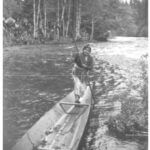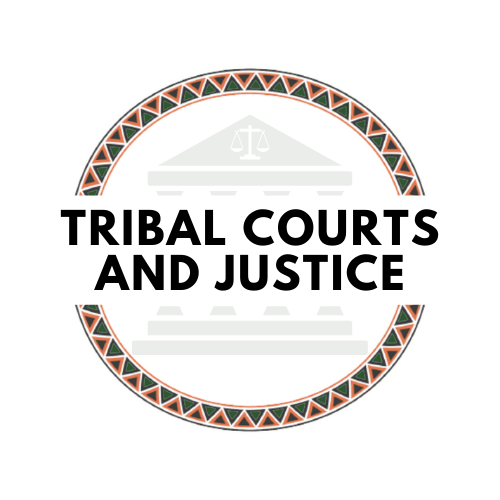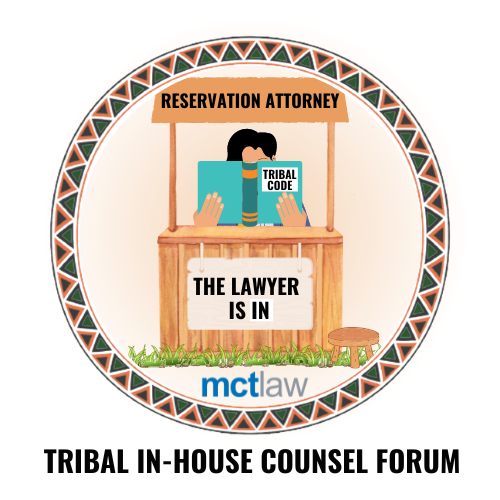

INDIAN LAW, TRIBAL GOVERNANCE, AND NATIVE-OWNED BUSINESSES
The attorneys at mctlaw have extensive experience helping tribal leaders and businesses navigate the legal challenges facing Indian governments nationwide. We represent tribes of all sizes across Indian Country on gaming issues, tribal governance, code drafting, trust land acquisitions, child welfare, natural resource management, and economic development.
Our team has worked in high level positions at the Department of Interior, Division of Indian Affairs, the National Indian Gaming Commission, and as in-house Counsel.
Our goal is to ensure that our tribal clients succeed as sovereign governments. Find out how we can help you.
Practice Areas
- Breach of Trust Claims
- Federal Funding for Tribes
- Federal Recognition
- Federal Takings and Tribes
- Fee to Trust Land Acquisition
- Indian Gaming
- Misuse of Railway Easements
- Tribal Governance and Indian Sovereignty
- Natural Resources, Environment, & Fishing Rights
- Protecting Indian Heritage
- Indian Health Service
Recent Accomplishments
- Assisted the Sauk-Suiattle Indian Tribe in planning its new Two Rivers Casino, including writing a new Gaming Code and obtaining all necessary approvals from the National Indian Gaming Commission
- Obtained a favorable settlement for two former Councilmembers of the Stockbridge-Munsee Community Band of Mohican Indians in Tribal Court enrollment litigation
- Wrote a development plan for the Housing Department of the United Keetoowah Band of Cherokee Indians, which then received over $5 million for tribal elder housing
- Kehl Van Winkle is serving as Interim Cannabis Commission Director for a midwest tribe, where he is writing comprehensive cannabis regulations
- We advise the U.S. Department of Agriculture’s Hemp Program on Indian law issues
- Obtained a federal court victory for the Chief and Second Chief of the Alabama-Quassarte Tribal Town in tribal leadership litigation
- Assisted the Mattaponi Indian Tribe in writing and adopting its first Constitution and modern Election Code
- Negotiated and obtained approval of a Class III sports betting compact amendment for the Sauk-Suiattle Indian Tribe
- Represented the United Keetoowah Band of Cherokee Indians and the Kialegee Tribal Town in Class III gaming compact litigation
- Represented the Sauk-Suiattle Indian Tribe in the U.S. v. Washington treaty rights litigation
- Represented the Sauk-Suiattle Indian Tribe in tribal court in Indian child welfare cases
- Re-wrote the United Keetoowah Band of Cherokee Indian’s Crimes and Punishment Act, Justice Department Act, Police Department Code, Civil Procedure Act, Criminal Procedure Act, and Appellate Procedure Act.
- Revised the Habematolel Pomo of Upper Lake Tribal Gaming Commission’s regulations
- Obtained significant federal funding for the United Keetoowah Band of Cherokee Indians’ Tribal Court
- Convinced the Indian Health Service to request funding from Congress for a new healthcare clinic to be owned and operated by the United Keetoowah Band of Cherokee Indians
- Negotiated an alcohol sales agreement with the State of Washington on behalf of the Sauk-Suiattle Indian Tribe
- Negotiated a property tax agreement with Snohomish County on behalf of the Sauk-Suiattle Indian Tribe
- Obtained trademark registrations for the United Keetoowah Band of Cherokee Indians’ insignia and the word “Keetoowah”
- Forced a tribal imposter website off the Internet
- Continued to assist the Mattaponi Indian Tribe with its goal of obtaining federal recognition
- Assisted the United Keetoowah Band of Cherokee Indians’ Housing Department with housing policy revisions
- Significantly updated the Washington State Judicial Bench Book chapter on domestic violence and tribal courts
- Negotiated contracts on behalf of a healthcare consulting company doing business in Indian Country
Tribal Clients We Have Represented
- United Keetoowah Band of Cherokee Indians in Oklahoma
- Sauk-Suiattle Indian Tribe
- Mattaponi Indian Tribe
- Bad River Band of the Lake Superior Tribe of Chippewa Indians
- Kialegee Tribal Town
- Alabama-Quassarte Tribal Town
- Amah Mutsun Tribal Band / Amah Mutsun Land Trust
- Habematolel Pomo of Upper Lake Tribal Gaming Commission
- San Carlos Apache Tribal Gaming Enterprise
- Cayuga Nation
Other Clients We Have Assisted with Indian Country Issues
- Marnell Gaming
- Kawasaki Motors
- Las Vegas Search Partners
- U.S. Department of Agriculture
- Indigenous Healthcare Advancements
Client Testimonials
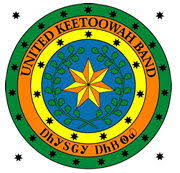
“The Indian law attorneys at mctlaw have been fantastic. They have really helped give new life to the UKB Tribal Court, both in terms of funding and the development of tribal law.“
Kristie Bradley
Tribal Court Administrator and citizen of the United Keetoowah Band of Cherokee Indians in Oklahoma
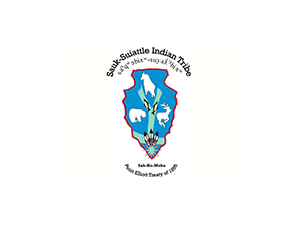
“The attorneys at mctlaw are easy to work with while still producing high quality results. They listen to our needs and take on many different issues and opportunities facing tribes today.“
Nino Maltos, II
Chairman, Sauk-Suiattle Indian Tribe

“The Indian law group at mctlaw promised a good deal for our tribal gaming regulation updates, and they delivered! We are very happy to have them on board now for a wide variety of Indian gaming compliance matters.“
Michael Icay
Chairman
Habematolel Tribal Gaming Commission
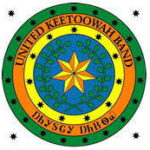
“Thank you Jeff, and the rest of the mctlaw staff for securing our Tribal seal which is a huge part of our identity, so this truly is a historic moment for us all. If you want to be the best, you need to surround yourself with the best! I’m ecstatic to be surrounded by each of you!“
Assistant Chief Jeff Wacoche
News & Announcements
- Choctaw Allotment Owners Challenge Oil & Gas Leasing Practices Under 1947 Stigler Act
- Sauk-Suiattle Tribe Represented by Attorneys at mctlaw File Suit to Reclaim Ancestral Fishing Rights in Puget Sound Area
- What Does the DOJ Reclassification of Cannabis to a Schedule III Drug Mean for Tribes?
- 7 Steps Tribes Can Take Now to Prepare for US Patent Office Consultations
- Everything is Better With Good Government
- mctlaw Advises Tribes About the Department of the Treasury Consultation on the Tax Status of Tribally Chartered Corporations
Join Our Linkedin Groups

Indian Gaming
The casino and gaming industry is a complex web of regulations and rules. Indian gaming adds an additional layer that can be nearly impossible to navigate. Our tribal gaming practice helps bridge the gaps between federal government, state government, tribe, business and consumers.
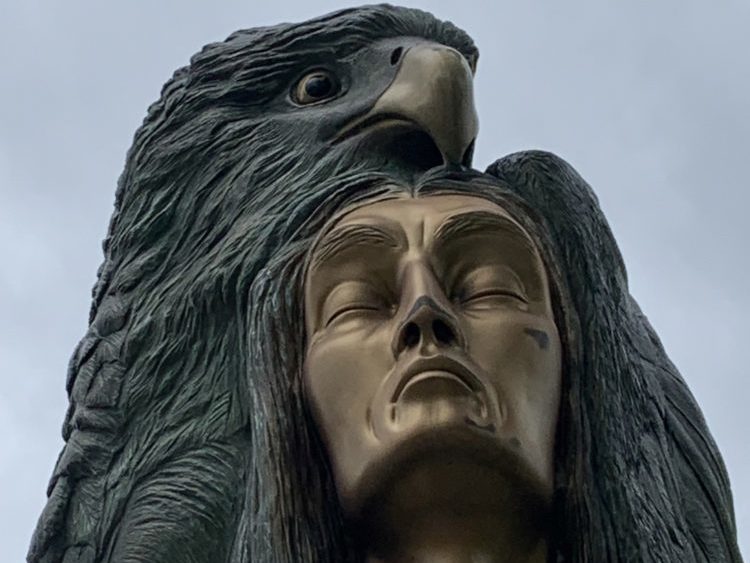
Tribal Governance and Indian Sovereignty
Tribal governments have the sovereign right to govern themselves and their lands, and to exercise that sovereignty in many different ways. mctlaw can help tribal governments protect those rights, uphold tribal sovereignty, and exercise it for the long term benefit of the tribe and its citizens. That includes:

Breach of Trust Claims
Breach of trust claims involve situations where the federal government has mismanaged an asset or property that it holds in trust for the benefit of a tribe. This can involve land leases to farmers or ranchers, oil and gas exploration and drilling, mineral mining, timber harvesting, trust fund investments, or in many cases–the lack of any of the above. In these situations, the tribe may bring a lawsuit against the federal government in the U.S. Court of Federal Claims and claim money damages in order to receive what it should have been receiving all along.
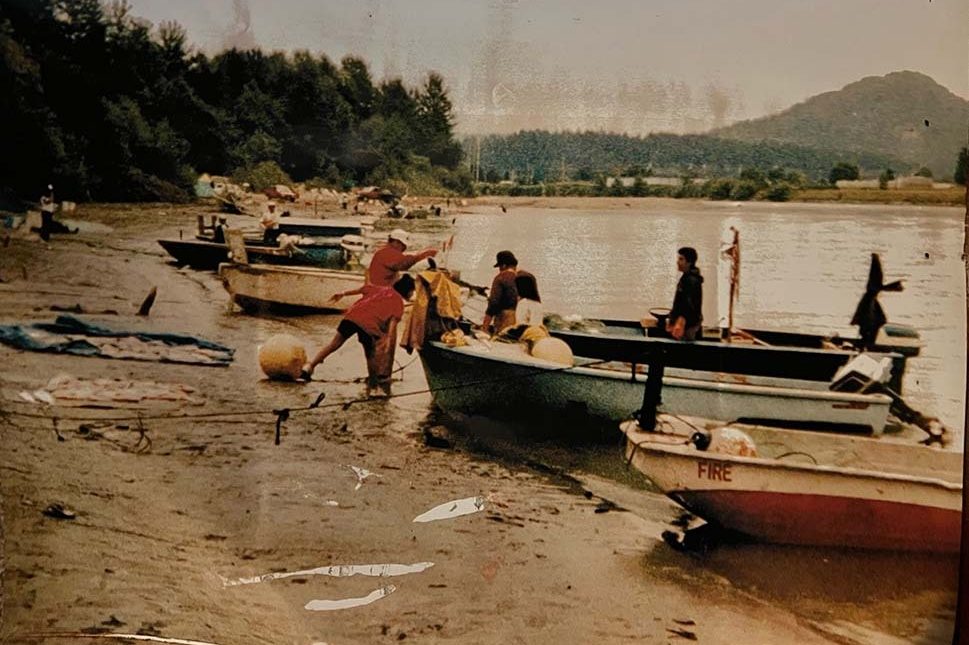
Natural Resources, Environment, and Fishing Rights
Our Firm also helps with complex issues relating to environmental problems or land-use planning, as well as agricultural issues such as regulating and promoting the production of hemp in Indian country pursuant to the U.S. Department of Agriculture’s new Hemp Program. We can also assist tribes with the complex National Environmental Policy Act consultation and public comment process and in the creation of regulations to implement the tribe’s environmental policies. Here’s an overview of how we can help with Indian land-use and environmental issues.
- Increasing Tribal Lands with Fee-to-Trust Applications
- Securing the Treaty Right to Fish through Federal Court Litigation
- Helping Tribes Manage Timber Resources
- Taking Companies that Harm Tribal Lands and Waters to Court
- Developing Tribal Hemp Production Plans under USDA Program
- Consulting with Federal Agencies on Planning Documents
- Writing Environmental Regulations for Tribal Agencies

Protecting Indian Heritage
Mctlaw understands how important it is to preserve and protect Native American heritage through legal means. There are many ways we can use the law in upholding Indian sovereignty, including negotiating agreements to protect valuable cultural properties and helping get the word out on government planning that interferes with the Indian way of life. Our Firm is committed to helping preserve Native American heritage by:
- Negotiating MOAs to Protect Traditional Cultural Properties
- Working with the Press to Expose Insensitive Government Planning
- Registering trademarks for tribal insignias, names, symbols, and words
Indian Health Service
The mission of the Indian Health Service is to provide public health services to American Indian and Alaskan Native peoples. The way those healthcare services are distributed may sometimes be discriminatory and the quality of services may not be equivalent among tribes. Our attorneys investigate complaints of healthcare discrimination and take any legal actions necessary to hold agencies and providers accountable.
Client Gallery
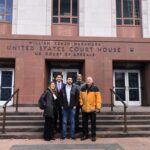

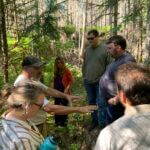






Content Reviewed by Jeffrey Nelson – Indian Law

Jeffrey Nelson leads the Firm’s Indian Law Group. He’s spent over 20 years of experience working in Washington, DC on Indian law and litigation matters, including as a Senior Attorney at the National Indian Gaming Commission and as an Assistant Solicitor at the Department of the Interior. Jeff now represents tribes across the country on Indian gaming and tribal governance matters. He also serves as the Assistant Attorney General for the United Keetoowah Band of Cherokee Indians in Oklahoma. Jeff earned his law degree at the University of Michigan Law School in 1997 and an LL.M. in Advocacy from Georgetown University Law Center in 1999.
This page was last updated:


Contact Us Now

As an experienced leader in these types of lawsuits, we were confident the firm would have the expertise. However, what surprised us most was the high level of excellent customer service from the firm’s staff!
Pat R.
I can’t recommend this firm enough. They have an outstanding team that truly care for their clients…I have been awarded a fair six figure settlement.
Nate M.
When I say “they went to bat” for me…this Law Firm literally did just that. They persevered to bring the hard-nosed Manufacturer to settle and provide me some recompense for everything I had to endure which led to this suit.
Me’Chelle







